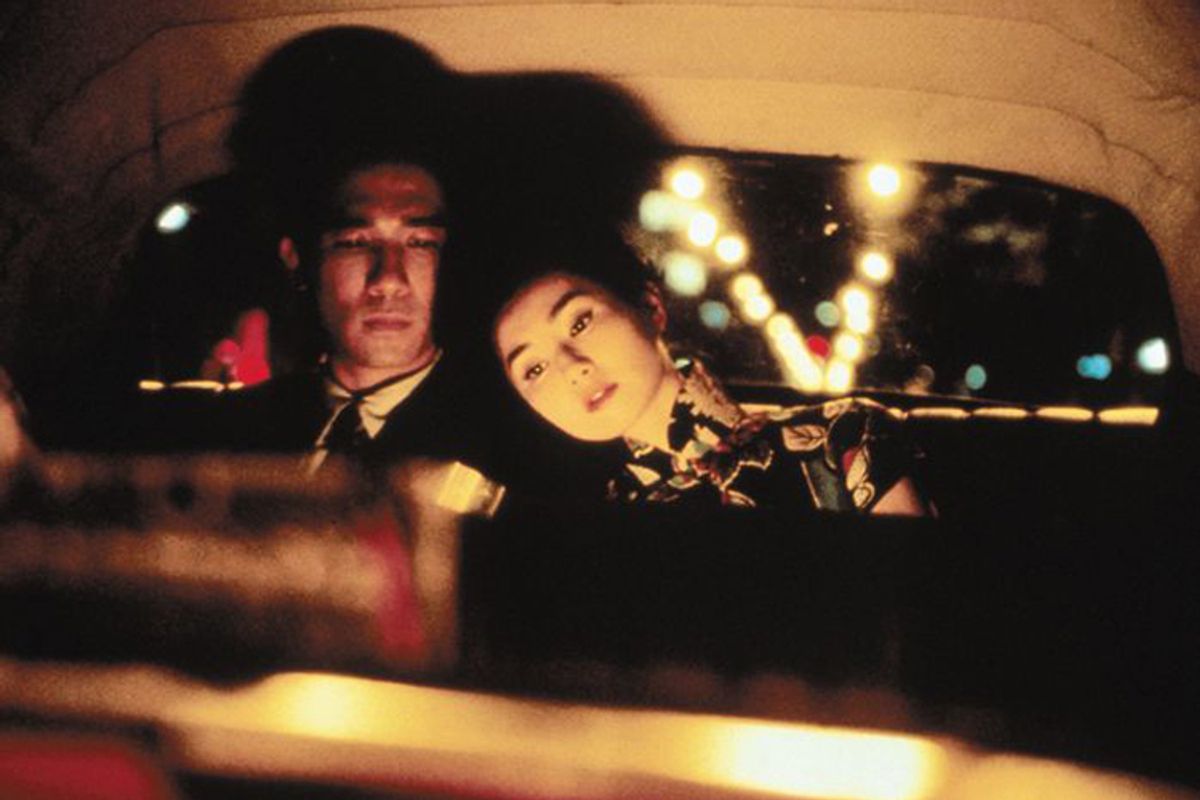Special effects may have dominated the decade, granting fanboys access to such previously inaccessible playgrounds as Middle-earth and the Marvel universe, but the way I see it, the true star of the past 10 years has been the documentary. In retrospect, the aughts saw the rise of reality TV and its spawn, from the successful debut of "Survivor" in 2000 to YouTube and its myriad X-rated counterparts.
Oddly enough, while scripted television series tried to emulate classical Hollywood filmmaking (à la "Sopranos"), the movies went in the opposite direction, embracing handheld pseudo-documentary tactics (from the long, single-shot action scenes in "Children of Men" to the amateur-eyewitness conceit of "Cloverfield"). Where virtually no audience had previously existed for documentaries, normal folks started to seek out nonfiction films in theaters.
For me, the most enlightening of the lot was "The Five Obstructions" from Lars von Trier, the primary architect of the Dogme 95 movement (not to mention the great provocateur of cinema's last quarter-century). With its arbitrary challenges, the documentary is not unlike "Project Runway" or a reality TV game show, as von Trier dares fellow Danish filmmaker Jørgen Leth to remake Leth's 13-minute short film, "The Perfect Human," five times, limiting each attempt with a series of capricious conditions (or "obstructions"): No shot can be longer than 12 frames, the film must be entirely animated and so on.
Von Trier's demands seem unreasonable, and yet here, at last, is an insight into that nutty Vow of Chastity the Dogme 95 filmmakers issued some years earlier (insisting that films be made on location, using only natural light and sound, rejecting superficial devices and so on). By imposing limits, von Trier forces Leth to seek creative solutions, leading him to a result that's stronger and more focused than the unfettered original — an insight that helps to explain why films made on small budgets and tight schedules are often more satisfying than their soulless, no-expense-spared counterparts.
Film Salon has invited a group of special guests to write about their favorite film(s) of the 2000s. To read the entire series, go here.



Shares